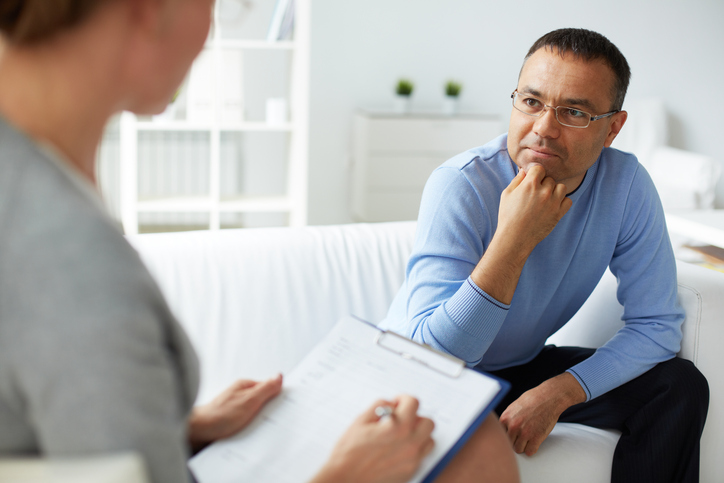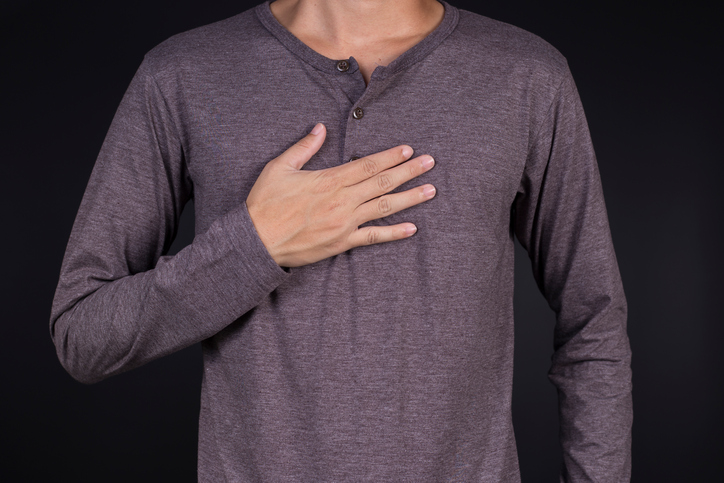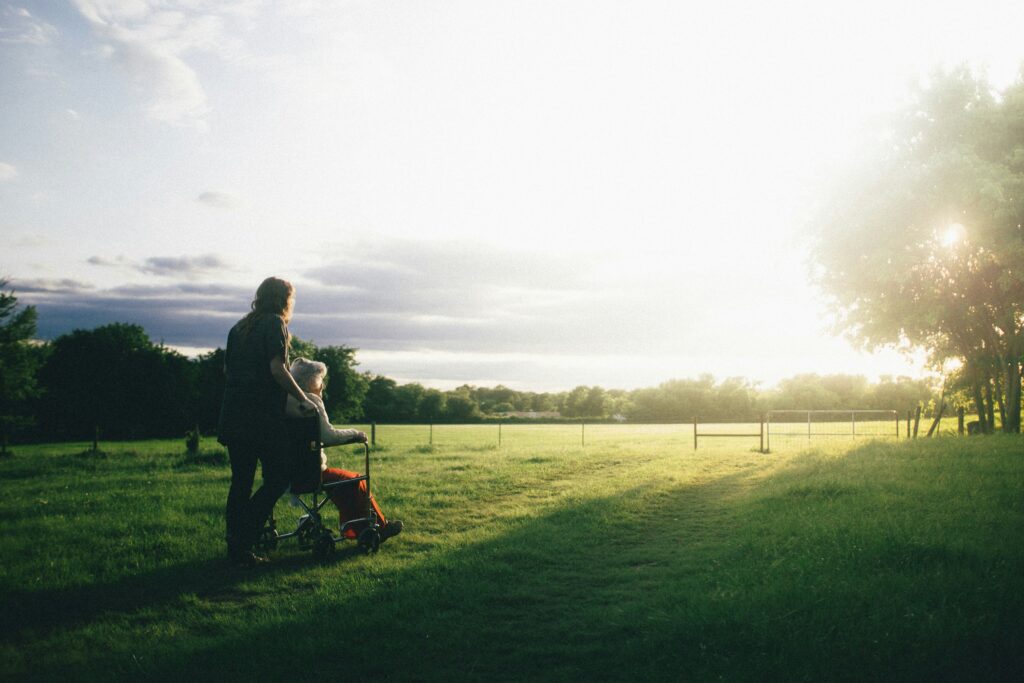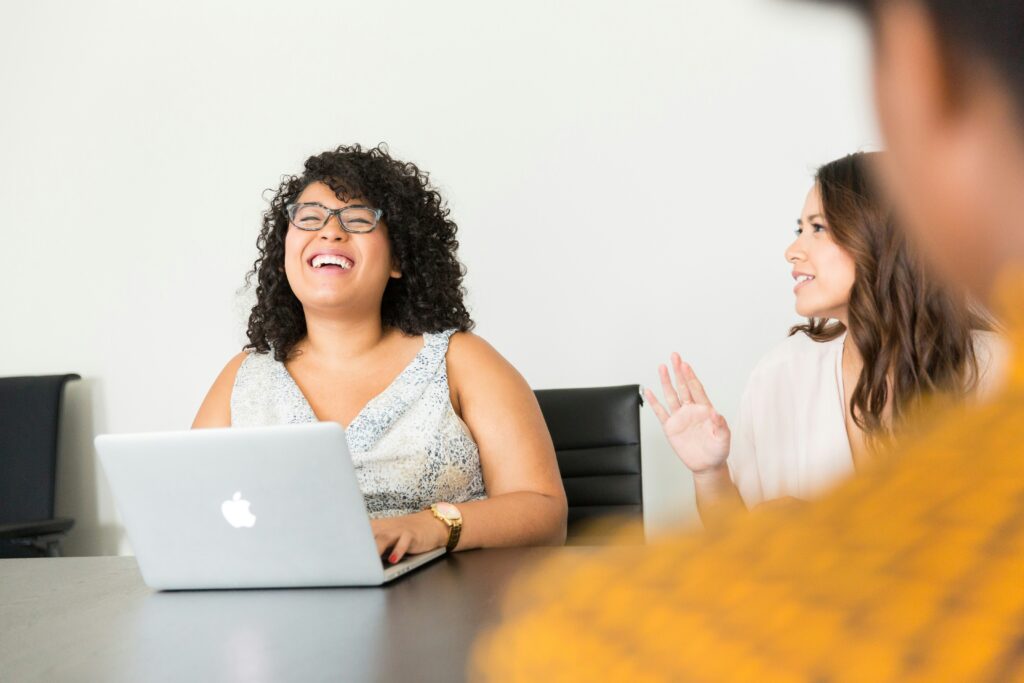Many people exist in a state of perpetually searching for reasons why their lives are a particular way. They may wonder why their relationships are not as strong as they might like, or why their career isn’t fulfilling. It’s common for this to lead an individual to externalize perceived failures, explaining them away by assigning blame to other people or to outside circumstances.
However, this may not be the most productive approach. Instead, developing a high level of self-responsibility—performing self-examination in search of personal actions or behaviours—can offer substantial benefits.
Since enrolling at Rhodes Wellness College, recent graduate Clay Blacker has undergone the journey of developing greater self-responsibility. This is a journey, he says, which has given him “tools that I take into my everyday life, in my part-time job, in my career moving forward, and in my relationships” (Blacker, 2017).
Here are some of Clay’s thoughts on self-responsibility, and the journey of discovery students at Rhodes Wellness College undertake throughout their education.
To Help Others, Students in Counsellor training courses, Learn About the Power of Reframing Life
Taking responsibility for one’s thoughts or actions is an act of “giving ourselves the power to shape the outcome ourselves, and therefore taking an active and not a passive role in how the outcome turns out” (Durham, 2017).
Clay says learning how to take personal ownership of thoughts and actions begins early on during the Rhodes Wellness College journey:
“Very early on, the teacher would start doing things where, when people would say “You know when you,” he’d say “You know when I,” and kind of start putting into our heads this idea that I need to own what I’m saying…” (Blacker, 2017).
Over time, this focus on the self helps students in professional counsellor training reframe conversations, interactions, and events as being within one’s control. Individuals can use that reflection to consider ways a given moment might have been improved (Blacker, 2017). This new understanding provides a useful basis for healthier future action and thought.
Learning Self-Responsibility Means Understanding How Our Lives Reflect Choices
For Clay, self-responsibility was a recent discovery, something he had not developed as much prior to beginning his counsellor training.
“One of the things that I learned very early at Rhodes, and that’s kind of stuck with me is… at the end of the day, virtually anything that happens, it’s my choice whether that’s a bad thing or a good thing” (Blacker, 2017). He explains that it is this element of choice, of choosing how to react to events and words, that is at the core of gaining a high level of self-responsibility (Blacker, 2017).
Learning to choose to react constructively to moments of frustration can be difficult, but quality counsellor training programs offer plenty of support to help students achieve this goal. With the help of knowledgeable instructors and supportive classmates, you can develop the ability to choose better reactions, and to help others do the same.
Learning Self-Responsibility Is Essential for Students in counsellor training programs
To have a high level of self-responsibility is useful for students in life skills programs not only because it offers them tools for self-improvement, but also because it is a crucial step towards being able to encourage positive changes in the lives of future clients.

To help others become self-responsible, students in counsellor training must develop the skill themselves
“If I want to be able to train people to improve their life skills or their life situation, I need to be able to own my own self-responsibility before I can teach that to someone else,” Clay says (Blacker, 2017).
Because self-responsibility applies to thoughts as well as actions, it has a broad range of applications, and could be useful to clients undergoing counselling for family matters, trauma, addictions, and many more circumstances. According to Clay, this can be a very powerful step toward a healthier life and society, with a greater understanding of the freedom people have to control their own lives. “If we could all reach that point where we always make that choice to be free no matter where we are, there’s going to be a lot less conflict” (Blacker, 2017).
Do you want to become a professional counsellor in Vancouver?
Contact Rhodes Wellness College to learn more about our program!
Works Cited
Blacker, C. (2017, April 5). (R. Cote, Interviewer)
Durham, J. (2017, March 10). Taking Responsibility for Your Actions. Retrieved April 6, 2017, from http://www.lifecoachexpert.co.uk/takingresponsibilityyouractions.html










